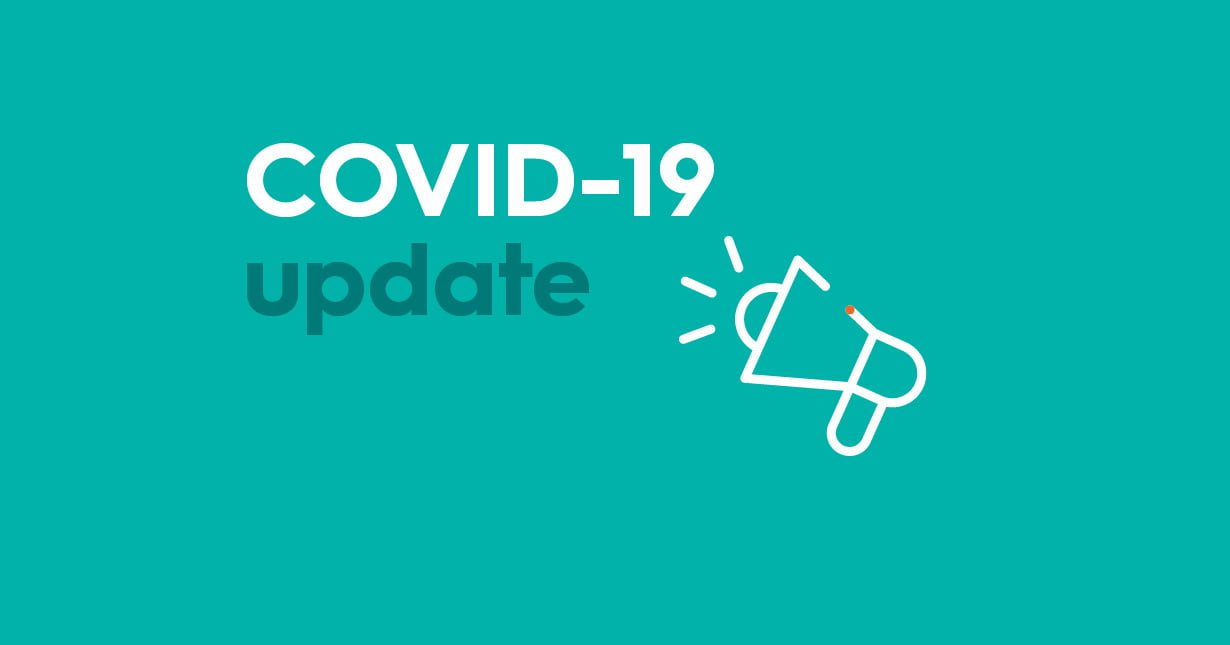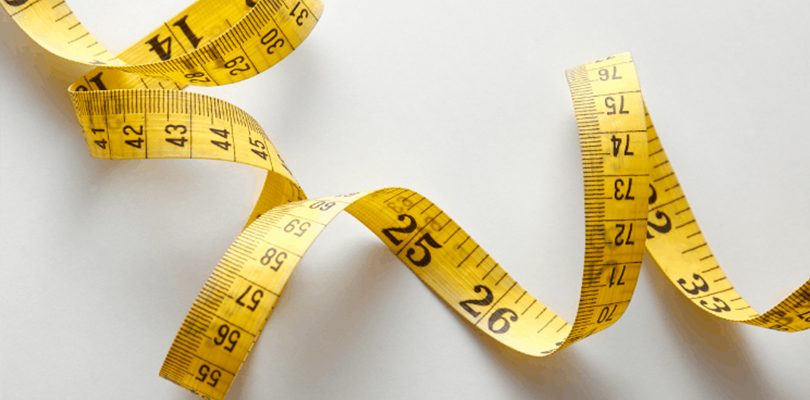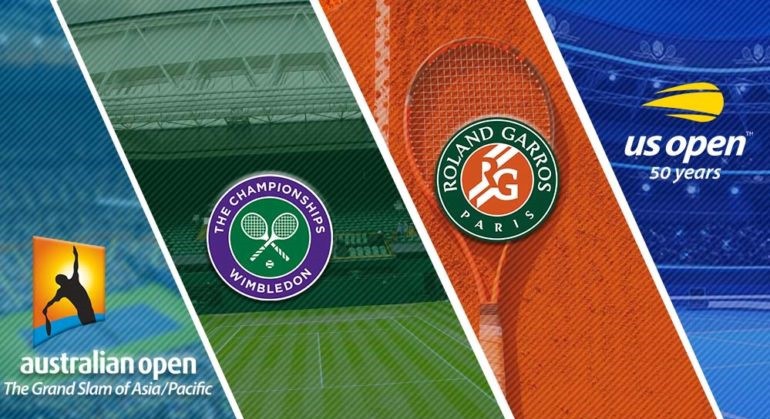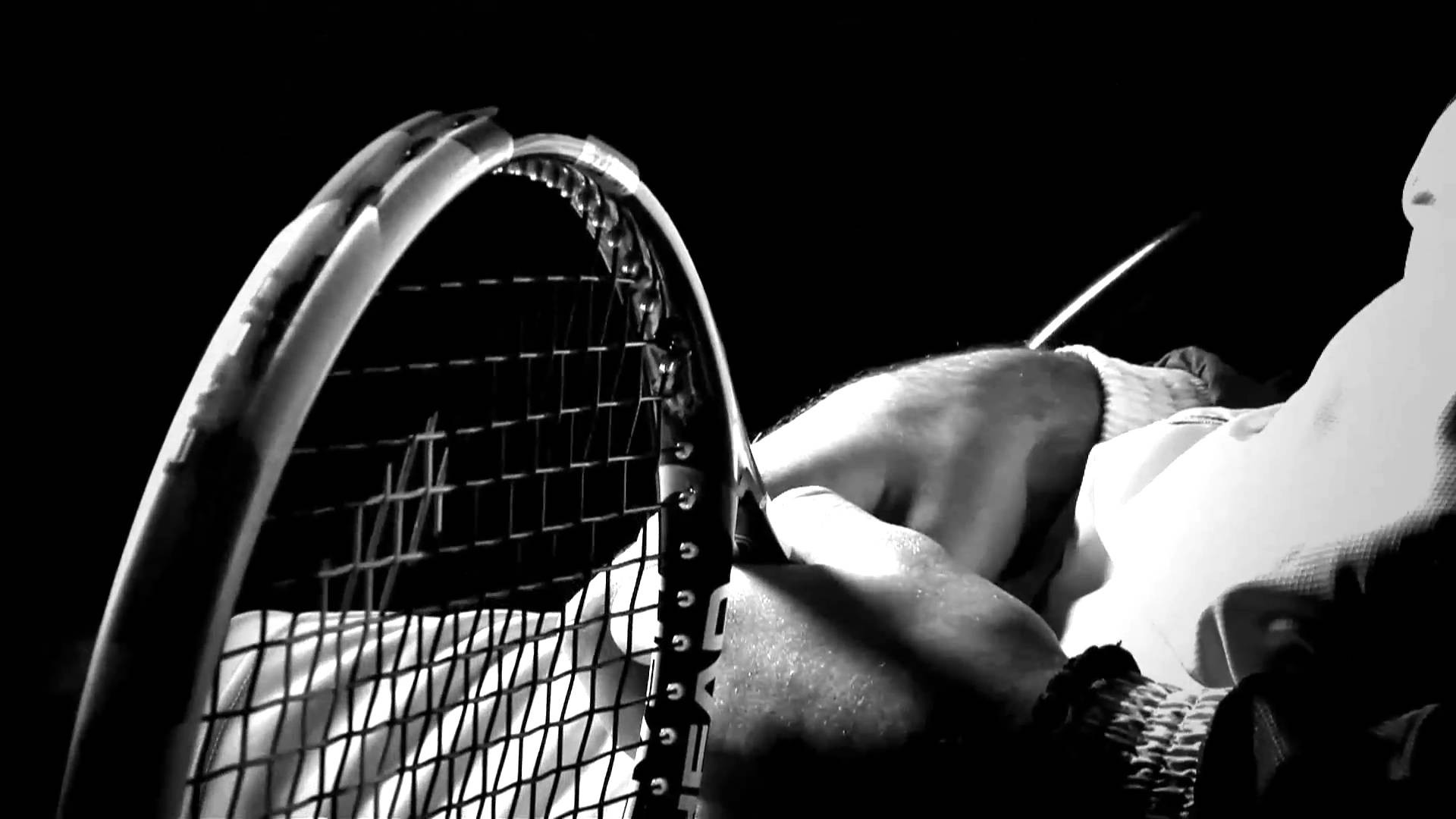Drug testing is definitely on the increase in tennis with the concern that performing enhancing substances are on the increase in the sport. The recent scandal concerning Maria Sharapova highlighted an already growing concern in the sport as a whole.
However, many players consider the current legislation and laws by the ITF concerning testing for banned substances is unfair.
Out of Competition Testing
While any player can be selected for out-of-competition testing, top 50 singles players and top 10 doubles players are required to give their whereabouts so they can be found for testing, and tend to be tested most often. Three missed tests from such players in 18 months can result in suspension.
Many of the elite players think they are being unfairly targeted and that a large slice of the lesser known players are not required to undergo such rigorous tests.
Players from certain nations also seemed to be more likely targets, which is discriminatory and possibly racist.
However, two of the sport’s top players, Andy Murray and Roger Federer call for even stricter guidelines due to the rapid increase of drug abuse in cycling.
Goals of the Tennis Anti Doping Program
It is not simply a case of the anti doping program just trying to stop cheating by certain players taking performance enhancing drugs. There are other reasons why strict control over banned substances is sought.
- To maintain the integrity of the sport
- To protect the health of players.
Players are tested for banned substances in accordance with the prevailing version of the World Anti-Doping Agency’s Prohibited List. The tennis anti doping program is fully compliant with the World Anti-Doping code.
The Program
Since 2007, the ITF has managed, administered and enforced the Tennis Anti-Doping program on behalf of the WTA. In 2010, the Program conducted over 2,000 doping control tests, both in-competition and out-of-competition and including both urine and blood samples.
Tennis players are subject to more performance enhancing drug tests than any other sport. These random tests can take place at any time and any place. It is quite common that the top players to be tested at least once a month.
Tennis is still about finesse and technique, but the modern game also is about power, and like in many sports steroids give extra power. A source close to the Tour suggested that apart from Sharapova only lower ranked players had been caught, but it is only a matter of time before higher ranked players are found out.
The spoils in today’s professional game are large and therefore the temptation to cheat and take performance enhancing drugs is massive. The only way to stop continued abuse is to police effectively and thoroughly.
The ITF has stringent controls but they need to be ever vigilant and stay one step ahead of the cheats to keep the game as clean as possible.







